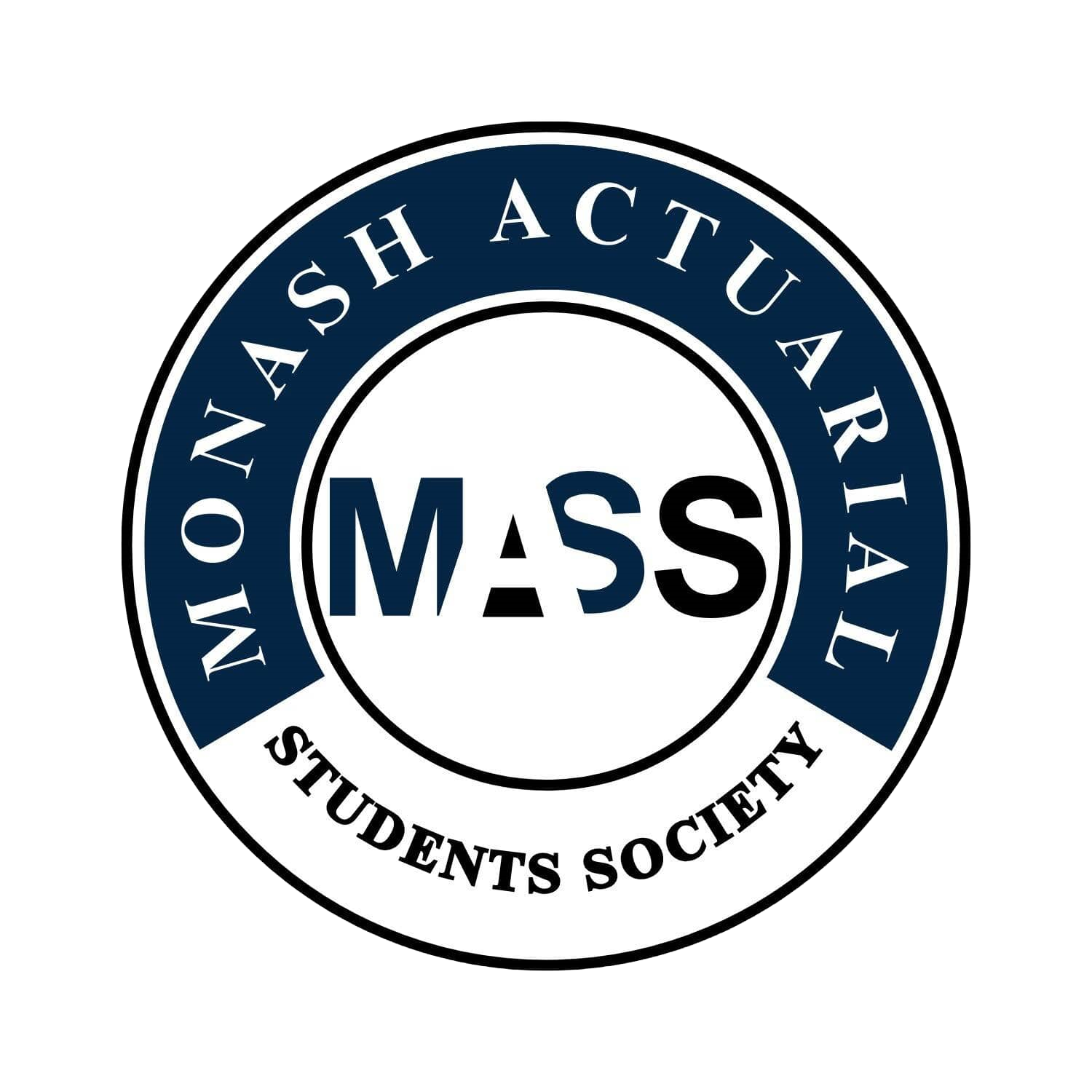MTH1030 Techniques for Modelling
(Sem 1 2021)
Difficulty:
Year Completed: Semester 1, 2021
Prerequisite: N/A
Exemption: N/A
Mean Setu Score: 83%
Clarity of Learning Outcomes: 82.6%
Clarity of Assessments: 85.6%
Feedback: 81.4%
Resources: 80.4%
Engagement: 82.4%
Satisfaction: 83.8%
Subject Content:
Lecture(s) and Tutorial(s):
Textbook(s):
Assessments:
This unit covered linear algebra including vectors, cross products,
dot products, box products, matrices, gaussian eliminations,
determinants, calculus including derivatives, limits, series,
sequences, integrals. The unit begins with linear algebra then
moves to calculus then back to linear algebra for the final few
weeks.
1 x 3 hour lecture
1 x 2 hour lecture
1 x 1.5 hour tutorial
There are 2 free to use textbooks supplied and written by the
lecturer Bukard Polester (Mathologer on Youtube). They are quite
well structured and useful to refer to during the unit. They go into
extra depth for students who wish to understand the content to a
greater extent.
2 Individual Assignments 10% each
Mid-Semester Exam 10%
Flux Quizzes 5%
Class Engagement 5%
Final Exam 60%
Comments
I felt like the the unit was typically seen as quite complex and
required diligent study to keep up with the content and
successfully attempt assessed work. The ability to visualise and
understand the concepts quantitatively and qualitatively is
paramount to doing well in assignments and the weekly set
questions. However, the exam is relatively more straightforward
but covers a wider yet predictable array of content.
The lectures are amazing as they were engaging and provided
quizzed questions (don’t have to get it right initially) which helped
keep students attentive. Although I managed without watching
lectures, I think most students will need to watch them. The
content covered in the lecture can get complicated so I
recommend considering watching them after they are recorded
so you can pause them to fully understand.
The tutorials were necessary to attend as they made 5% of your
grade. They were also helpful as the weekly set questions had
optional more difficult questions which most of the time I needed
help to figure out. The time allotted to the tutorial was not
enough to complete the set questions so I would recommend
doing the easier questions before class so your time is used
effectively.
The assignments are quite difficult as they are scenario based
questions that add an element of interpretation which
determines what concept needs to be applied. They were very
good for students to complete as each question revealed a
particular property of concept applied that assisted in students
understanding the content in a more nuanced way.
This unit is very useful to understand basic university math at a
deeper level and allows many key concepts in statistics and
physics to be understood in a more intuitive way. Highly
recommend doing this unit and attempting to do well as it will
make other math heavy units more manageable.
General Overview:
Lectures:
Tutorials:
Assessments/Other Assessments
Concluding Remarks

